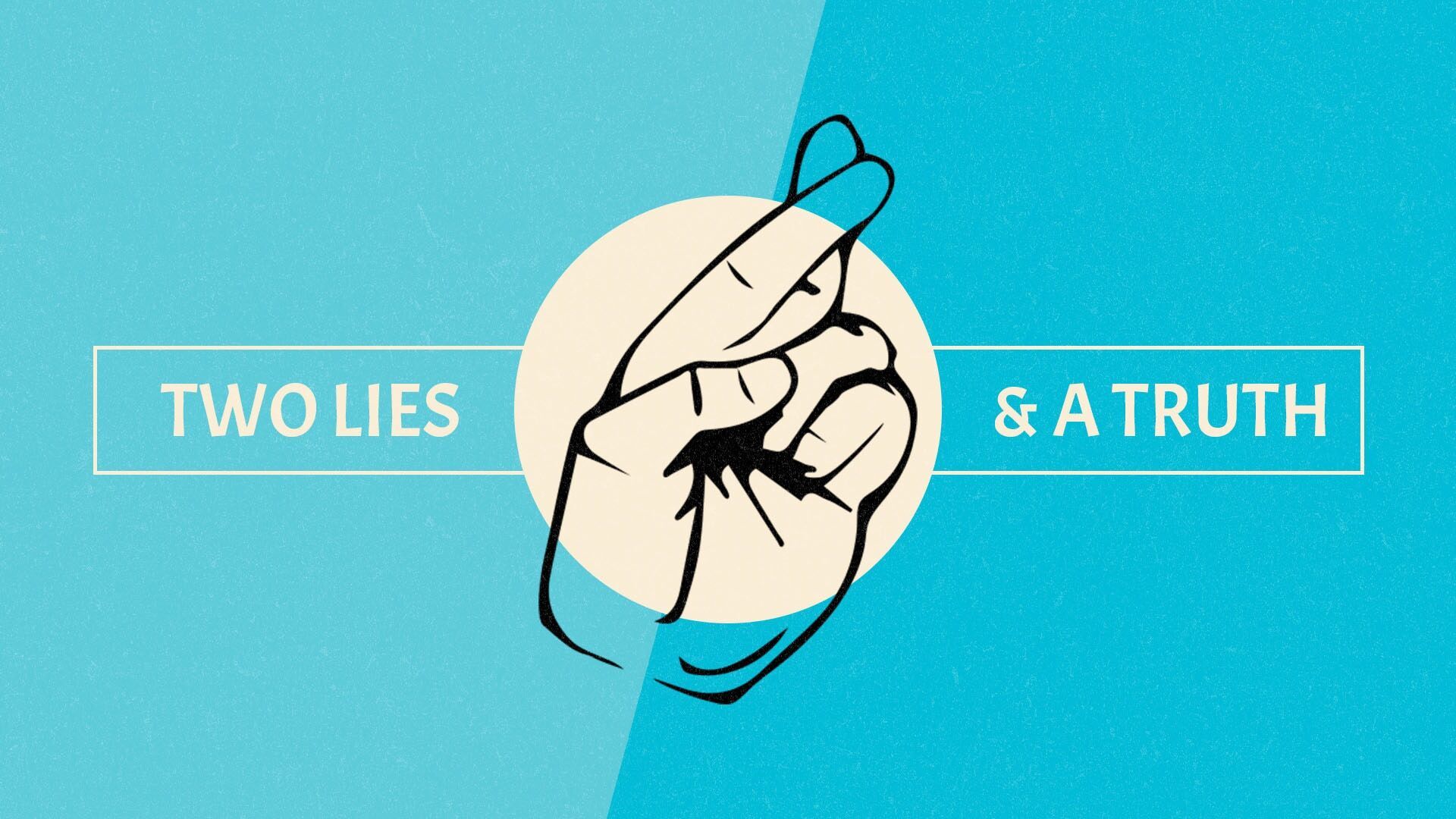The Grace of Giving (2 Corinthians 8:1-12)

Big Idea: Give generously from your heart, inspired by God's grace and Christ's example.
We're going to talk about one of the most sensitive and personal topics this morning: money. This week, you probably received a financial request for a worthy cause in your mail. This week, you saw at least one commercial from a charity requesting your financial support. Some of us become almost numb when we hear of the appeals for our money. Even though there are so many worthy causes, we couldn't possibly give enough to meet every need.
Everyone is after our money. I confess that it's tough to preach on the area of stewardship in the church. There's been a lot of abuse and emotional manipulation in discussions about money, making people uneasy when preachers address the topic. Pastors have found that many people don't want to come to church because "churches are always talking about money."
We want to avoid the traps of being manipulative or focusing on money only when we need it. So today I want to simply look at what the Bible says about giving. Throw away all the techniques and the Madison Avenue sales pitches. Get rid of all the guilt and high-powered appeals. What does the Bible say?
We're going to look at 2 Corinthians 8 this morning, one of the key passages in Scripture on this subject. Christianity is fundamentally about giving. The Bible says, "God so loved the world that he gave." The word "give" is used over 1,500 times in the Bible. God is a giver, and he wants you and I to be givers as well.
Early in the church's history, a need arose in the church that called for sacrifice. The believers in Jerusalem were going through a severe time of financial need. There was famine and a great deal of poverty. The question was, "What obligation did the other Christians have toward the Jerusalem believers in the hour of their need?" And in response, the apostle Paul spent close to ten years taking up a collection for the needy in Jerusalem.
And as we look at 2 Corinthians 8, we find Paul teaching on the subject of Christian stewardship. And instead of launching into an emotional appeal or manipulating the church in Corinth, instead he does two things. First, he gives a positive example of what it means to be a giver. He gives the example of the Macedonian churches. Instead of starting with a request for money, he started by giving an excellent example of sacrificial giving. And second, he gave some practical applications in the area of giving.
And that's what we're going to do this morning. We're going to ask ourselves, what made the Macedonians such good givers? And then I'll close this morning by giving us some applications in the area of giving.
What Made the Macedonians Such Good Givers?
Let's turn to 2 Corinthians 8 and examine three churches—Philippi, Thessalonica, and Berea—that demonstrated great grace, as mentioned in verse 1. I've learned the value of observing someone who's better in a certain area than I am, and trying to learn from their lives. In this case, we're looking at a group of churches who excelled in the area of giving. And Paul lifts them up as examples for the rest of us.
What made the Macedonians such good givers? Three qualities. They gave in spite of circumstances. They gave enthusiastically. And they exceeded expectations.
They gave in spite of circumstances.
We want you to know, brothers, about the grace of God that has been given among the churches of Macedonia, for in a severe test of affliction, their abundance of joy and their extreme poverty have overflowed in a wealth of generosity on their part. (2 Corinthians 8:1–2)
Around the time this book was written, believers in Jerusalem were in financial need. Paul spent a lot of time collecting money for the impoverished believers in Jerusalem and Judea. While writing this letter, Paul was visiting struggling churches in Macedonia. Paul describes the situation in the Macedonian churches in verse 2: the churches were in severe trial and extreme poverty. That was the condition of the Macedonian churches.
To top it off, they didn't even know the believers of Jerusalem. Paul notes in verse 2 that they gave with overflowing joy, and their extreme poverty led to remarkable generosity. They gave much more than Paul expected. This was sacrificial giving – they were poor themselves, but they still wanted to help. You get the impression that they didn't care about their own financial situation. Their dedication to Christ, love for fellow believers, and joy in helping others inspired them to give generously.
This doesn't make human sense. A severe trial and extreme poverty plus God's grace somehow equaled overflowing joy and rich generosity. When we have experienced the grace of God in our lives, we won't use difficult circumstances in our lives as an excuse not to give. In fact, when are our circumstances ever conducive to giving? We go from being in school and broke, to graduating and working for peanuts and paying off our student loans. We go from there to paying for mortgages, rents, cars, spouses, and kids. When we finally get these paid off, it's time to retire. Graceful giving means giving in spite of circumstances. That's the first quality.
Second:
They gave enthusiastically.
For they gave according to their means, as I can testify, and beyond their means, of their own accord, begging us earnestly for the favor of taking part in the relief of the saints... (2 Corinthians 8:3–4)
The thrust of this verse is that they begged Paul earnestly to contribute to this need. And we say, "Wait a minute. How many times have we heard a believer beg for somebody to take an offering?" The secret, I believe, is that these Christians considered their involvement in the relief a "privilege of sharing." Despite their poverty, they felt that participating in this collection connected them more deeply to their shared faith and community as members of God's church.
They gave enthusiastically – they actually begged to give to God. They counted their contribution to God's work to be a privilege. And friends, this attitude is critical when it comes to giving. In studying the Bible, you'll find that God values the giver's attitude more than the gift's size. In other words, God is more interested in why we give than how much we give. The gold medal giver in the New Testament turned out to be a woman who contributed less than a nickel. Why? Because she possessed the right attitude in giving.
A man was leaving on a business trip. His wife reminded him before church that she needed some extra money for household expenses. Just before the offering, he slipped her some money. And she, thinking it was the weekly offering, put it all in the plate. It was their expense money for the week. “Well,” said the man, "we gave it to the Lord, and he keeps the records." When they told the pastor, he said, “How much did you intend to give? The Lord doesn’t record the amount of the check, but the intent of the heart."
Did you get that? God doesn’t record the amount of the check, but the intent of the heart. He is more interested in the attitude of the giver than the amount of the gift. And the Macedonian believers gave enthusiastically.
There's one more quality we see in their giving.
They exceeded expectations.
...and this, not as we expected, but they gave themselves first to the Lord and then by the will of God to us. (2 Corinthians 8:5)
So enthusiastic were these believers that we read in verse 5 that they actually did more than was expected. We get the impression as we read this verse that they might have set an amount or a target that they were going to give. Their enthusiasm led them to give beyond expectations, despite their circumstances.
It recalls the Old Testament when people were inspired to contribute to building the Tabernacle. We read that the people were so generous, Moses stood up and ordered that there were to be no more offerings. Exodus 36:6 says that the people were literally "restrained from bringing more." When was the last time that somebody had to stand up in church and say, "You've exceeded our expectations. There will be no more offerings. Sir, if you don't stop giving, somebody will have to restrain you."
The Macedonians were such good givers that they exceeded expectations. That's the example that Paul lifts up to follow. We are to imitate the example of the Macedonians. Give in spite of circumstances. Give enthusiastically. And exceed any expectations that might be in place.
Five Applications
But like all good preachers, Paul doesn't leave it there. Paul doesn't just praise the Macedonians to the Corinthians; he instructs based on their example. He gives them some applications from the example of the Macedonians. And I'm going to close this morning by passing these applications on to you.
First, give as an extension of your salvation.
But as you excel in everything—in faith, in speech, in knowledge, in all earnestness, and in our love for you—see that you excel in this act of grace also. (2 Corinthians 8:7)
Paul says that everything that is in our life that is good is a result of God's grace at work in our hearts. Anything that you do that is good is a result of God's grace – the favor that he extends to you as a child of God. He highlights several areas: our faith, how God has changed our speech, and our knowledge, sincerity, and love. And Paul says here, since God has changed so much in your life, let him change the way you give. Make your giving an extension of the grace of God at work in your heart.
You might have been in this church before and heard someone say, "If you're a visitor this morning, then this service is our gift to you. Don't feel obligated to contribute to the offering this morning." You might have felt that this was a strange thing to say. "What? Our church is turning down money? Wait a minute. He's wrong – we'll take money from anyone!" But there's a reason we said that.
Giving to God's work is a privilege for believers, arising from God's grace in their hearts. If you're not a member of God's family, then we won't stop you from giving, but we don't expect you to give. Like baptism and communion, the privilege of supporting God's work is the privilege and responsibility of believers. So make your giving an outcome of the work of grace within your hearts. As you embrace God's grace, your faith will grow, your speech will improve, your knowledge will increase, and you will become more passionate and loving. According to verse 7, you'll also excel in giving.
Application number two:
Second, give out of love.
I say this not as a command, but to prove by the earnestness of others that your love also is genuine. (2 Corinthians 8:8)
The way in which you give is an indicator of the love that you have for others and for God's house. When you love someone, you want to give him or her your attention and provide for his or her needs. And if you refuse to help out, your love isn't as genuine as it seems. It's the same with God. If you love him, you'll give to him. If you love the work that he is doing and the lives that he is touching, then you will support the work of the church. Give out of love. Because the way in which you give will tell you how much love you have.
Third, follow the example of Jesus.
For you know the grace of our Lord Jesus Christ, that though he was rich, yet for your sake he became poor, so that you by his poverty might become rich. (2 Corinthians 8:9)
Paul says, "I've given the Macedonians as an example of givers, but let me give you the ultimate example. Jesus Christ is the ultimate giver. He is the supreme example of generosity." Listen: No one can outgive God. The best evidence of this is that Jesus Christ left his heavenly existence to take on human form. Christ went from riches to rags so that we might go from rags to riches. If you follow the example of Jesus, you will be an excellent giver.
Fourth, keep your commitments.
And in this matter I give my judgment: this benefits you, who a year ago started not only to do this work but also to desire to do it. So now finish doing it as well, so that your readiness in desiring it may be matched by your completing it out of what you have. (2 Corinthians 8:10-11)
The Corinthian church had been first out of the starting block. They had started well; they were first not only in time but in their desire. But something had happened in the church. Their white-hot desire to be generous had cooled. Somehow, they had lost their interest. And Paul says, "Keep your commitments. Keep your end of the bargain. Finish as well as you started."
There might be some of you this morning that used to be better givers than you are now. At one time, you were first in terms of willingness and desire. But things have cooled off. You're not as eager anymore. Paul says, "Return to your level of commitment to what you had before. Don't slack off. Finish what you've started. Recapture what you've lost."
And finally, Paul says in verse 12:
Fifth, give out of what you have.
For if the readiness is there, it is acceptable according to what a person has, not according to what he does not have. (2 Corinthians 8:12)
Some might say, "Pastor, I'd like to give, but you don't know my financial position. You don't know my meager income. You aren't aware of how massive my bills are in comparison." Well, I have good news and bad news for you. The good news is, God doesn't expect you to give what you don't have. God's not going to hold you accountable for the money you don't have. If you earn $10,000, God isn't going to hold you accountable for $20,000.
But here's the flip side: God is going to hold you accountable for what you do have. If you earn $10,000, God is going to hold you accountable for that $10,000. What are you doing with that $10,000? What are you doing with that $100? What are you doing even with that $1? Don't forget that the gold medal giver in the New Testament gave less than a nickel. She beat all those giving bigger gifts. Why? Because she was faithful with the little she had.
Listen: God will never hold you accountable for the money you're not earning. But the question is, what are you doing with the money you have?
So we don't want any slick emotional appeals this morning. We don't want to be manipulated into giving. But let me ask you: Are you giving as the Macedonians did? Are you giving despite your circumstances? Are you giving enthusiastically? Are you exceeding expectations? Are you applying the principles Paul taught? Are you giving as an extension of your salvation? Is your giving motivated by love? Are you following the example of Jesus? Are you keeping your commitments? And are you being faithful with what you do have?
Let's pray.
Lord, we want to be faithful in the area of our money. Help us to avoid being manipulated. But at the same time, I pray that you would do a work of grace within our hearts. Motivate deep within us a desire to apply the principles we’ve looked at this morning. Make us excellent givers, in Jesus’ name. Amen.





